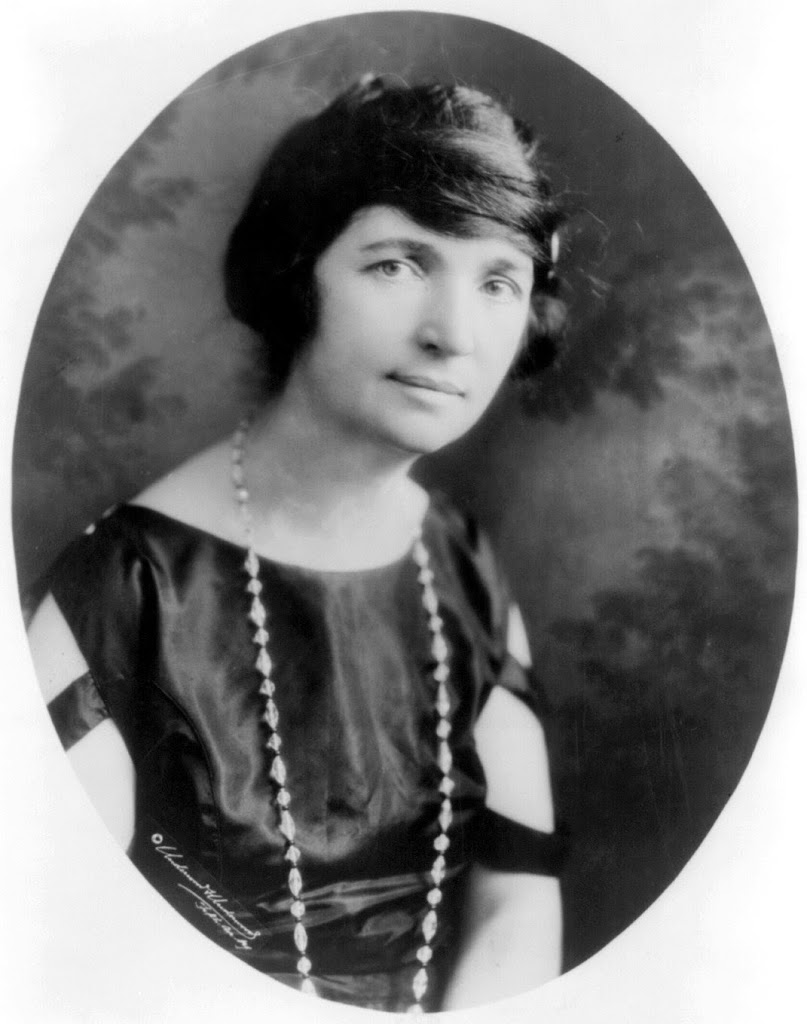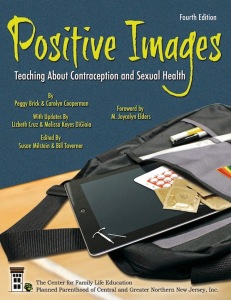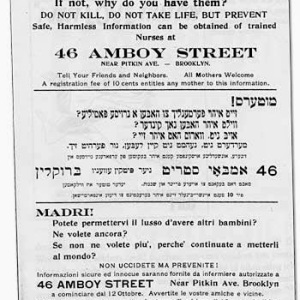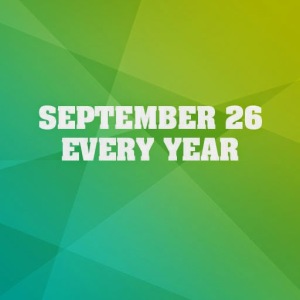This Sunday is Margaret Sanger’s birthday!
Sanger was born in 1879, almost 100 years before me. She was a remarkable woman – a trailblazer who made it possible for me to do the work that I do today. One of my favorite quotes from Margaret Sanger is: “No woman can call herself free who does not own and control her body. No woman can call herself free until she can choose consciously whether she will or will not be a mother.”
Sanger worked tirelessly to make birth control available to women, and while it is uncontroversially more available now than it was when Sanger first started working, it remains under threat. Even as the ways that women are able to make conscious choices about childbearing expand, access is given and yanked away at almost dizzying speeds. And men? We’re only just beginning to address their need to make decisions about reproduction beyond condoms.
In honor of the passion, dedication, and work of Sanger, which led to unprecedented capacity of women to grow and develop into themselves, I want to highlight a lesson from Positive Images: Teaching AboutContraception and Sexual Health.
_____________________________________________________________________
Mixed Messages: Growing up in a sexually confusing society
Objectives:
Participants will:
1. Understand that sexual behavior and attitudes are learned.
2. Compare sexual learning in two traditional societies with sexual learning in the United States today.
3. Analyze the messages about sexuality that they receive from a variety of sources.
4. Identify some of their own current beliefs and values regarding sexuality.
Rationale:
Compared with youth growing up in traditional societies where sexual mores are clear and choices are relatively simple, youth growing up in contemporary society are confronted with a variety of contradictory and confusing messages about how they should act as sexual persons. This lesson is designed to help participants realize that people must examine the messages they are receiving and then make conscious decisions regarding their own beliefs and behaviors.
_____________________________________________________________________
As I pointed out above, physical access to contraceptive and sexual health care is fractured in US culture, at best. The messages that are sent and received about contraceptives and sexual health care are even more problematic. This is exactly the space that Sanger was working in 100 years ago, that there has been motion in, and that we still have 100 years of work in front of us. As I pointed out on Tuesday, education starts by inviting the learners to consider their own perspectives. As that lesson did with pornography, so this lesson does with contraception.
I am feeling a deep sadness winding its way into me as I’m writing this post. I am grieving for the women whose botched abortions and deaths pushed Margaret Sanger into motion and I am grieving for the women in southern Texas who are relearning those same abortion methods and creating new ones. The desperation these women feel is overwhelming.
And while one lesson plan from one manual is only one small step, it’s a step that I take every day right now in honor of Margaret Sanger and of all the women who have grieved over reproductive issues of all kinds. I also sit with my students in their confusion and grief. I also empower other professionals to do the same. I know deep in my bones that there is a better way for our culture to value women and reproductive healthcare and rights and I’ll walk in solidarity with Margaret Sanger in making them happen.







